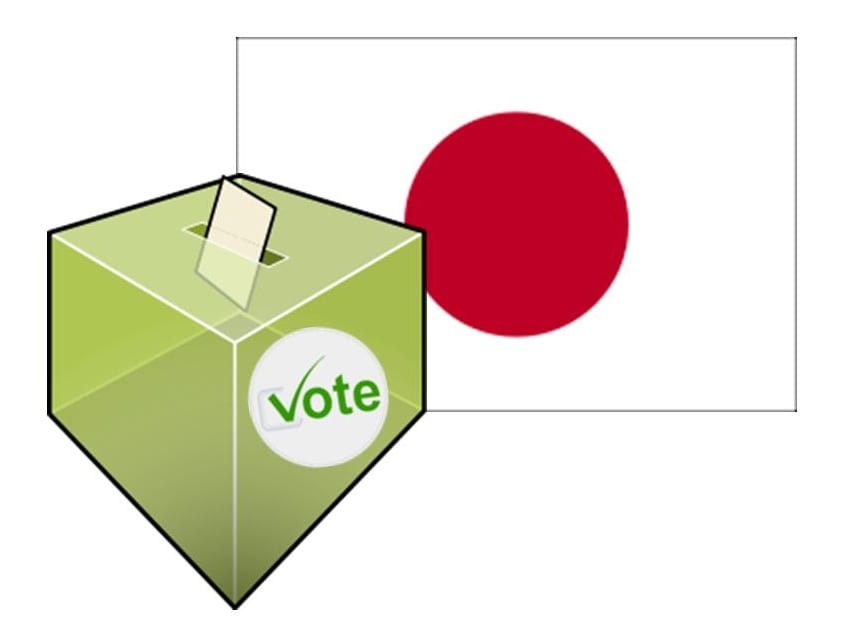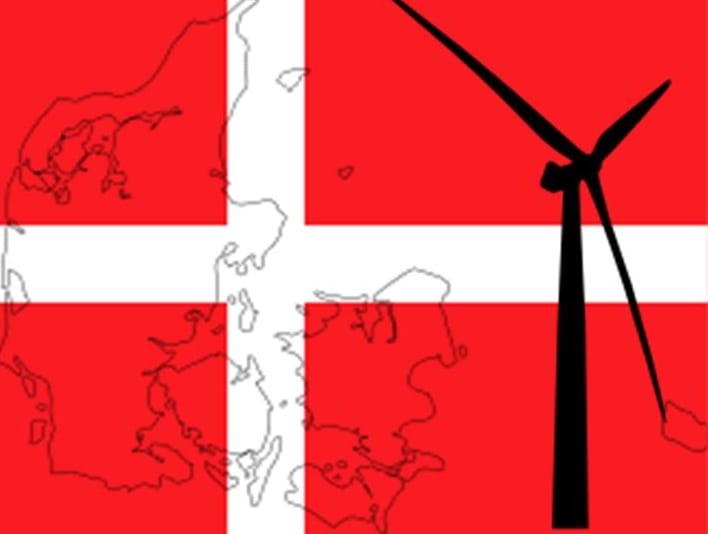
Renewable energy may be in for some change as Japanese politics shift
April 10, 2013Elections could affect the country’s stance on renewable energy
Japan has become one of the strongest supporters of renewable energy in the world, but recent elections have changed the country’s political structure. This could have major implications to the support that the country has been showing toward renewable energy, but the Japanese Cabinet has not yet shown any signs of introducing significant changes. The government has, however, announced plans to address the issue of electricity as a whole. These plans focus on the electricity market and the country’s energy grid.
Japan aims to liberate energy market
The first plan involves abolishing the district monopolies that exist in the Japanese energy markets. These monopolies are mostly held by utilities that sell electrical power to consumers. The Japanese government is working to liberate the market, allowing, quite literally, anyone to sell electricity to anyone. This means that a homeowner with a solar energy system attached to their property can sell the surplus electricity they produce to their neighbors. Theoretically, this will also allow companies that focus specifically on the sale of renewable energy to form within Japan. The country’s existing price control provisions that help provide stability to the energy market are expected to remain in place.
Separation between grid operators and energy producers may be a reality in the future
The second plan involves the country’s energy grid. The plan aims to create separation between grid operators and energy producers so as to avoid issues concerning conflicts of interest. This initiative is meant to allow grid operators to function independently from energy producers, who have, in the past, influenced the cost of energy by influencing those that operate the country’s energy grid. Operators are also meant to become more accommodating of those that would supply the grid with renewable energy.
Plans could take form as early as 2018
The legislation required to see both of these plans come to fruition is expected to be drafted in 2014 or 2015. These legislations would go into effect by 2018 at the earliest. Renewable energy is expected to begin playing a more prominent role in Japan as the country works to make changes to its energy structure and the market.



 With over 15 years of reporting hydrogen news, we are your premier source for the latest updates and insights in hydrogen and renewable energy.
With over 15 years of reporting hydrogen news, we are your premier source for the latest updates and insights in hydrogen and renewable energy.